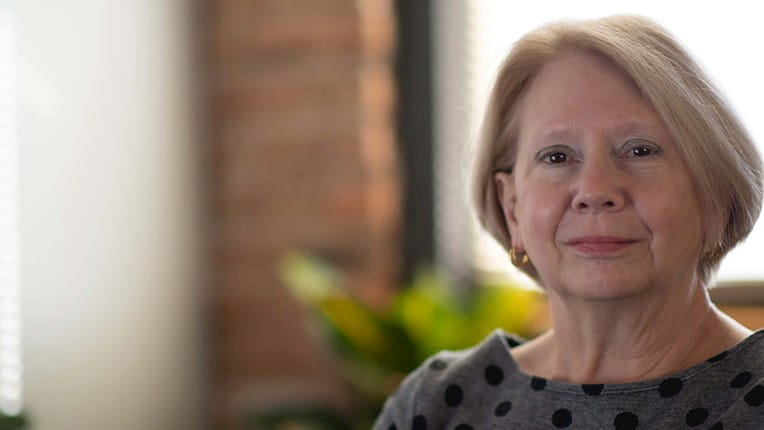In 1990, when Krieger was hired to head the newly established organization, she was tasked with literally creating an organization from scratch—including developing program models and procedures, hiring staff, overseeing rehab construction of a turn-of-the-century building, acquiring appropriate licenses, and securing funds for day-to-day operations. She successfully accomplished all of these tasks in just over one year. Children’s Place Association opened its doors in July 1991 with the inaugural Residential Center, one of the nation’s first facilities—and the only one in the Midwest—providing 24-hour nursing and social services for children with HIV/AIDS-related conditions.
In the beginning, most of the children served by Children’s Place were wards of the state who also suffered neglect or abuse. Recognizing a dearth of foster homes willing to accept children with HIV/AIDS, Children’s Place developed its own foster care program. In 1994, the organization became the first foster agency in Illinois to publicly recruit and license gay men and lesbians as foster parents. As the number of families devastated by HIV/AIDS grew, Krieger expanded programming, adding case management, mental health, early childhood education, supportive family housing, and other services to address the challenges they faced. By the mid-1990s Children’s Place had become the city’s leading provider of HIV-related child and family services.
Over time, Children’s Place has expanded its influence, applying its holistic approach to help children and families facing other health challenges as well. Today, Children’s Place opens its doors to help children and families who struggle with a variety of conditions and disabilities, such as cancer, cerebral palsy, epilepsy, heart ailments, autism, and spina bifida. Some children have developmental disabilities or delays. Others suffer the physical and emotional effects of abuse or neglect. Besides serious illness, the common factor connecting all of its clients is extreme poverty.
With Krieger leading at the helm, Children’s Place has earned a reputation as one of the best managed, most mission-driven nonprofits in Chicago. Crossing the domains of social services, medical care, housing, and child welfare, Children’s Place created a holistic approach that helps children and families overcome challenges and break the cycle of adversity. In 2008, Krieger launched Children’s Place International, bringing this holistic model to vulnerable children in developing nations. Services in Haiti help hundreds of children with nutrition, health care, education, and improved housing. Children's Place International also partners with Midwest universities and hospitals to bring training, technical support, and resources to NGOs in Africa. Projects in Botswana, Kenya, Mozambique, Tanzania, and Zambia have impacted thousands of children.
Under Krieger’s leadership, Children’s Place remained stable during financial upheavals, including the 2008 recession and the State of Illinois budget impasse in 2015–2017. Utilizing her business acumen, Krieger kept programs operating with no reduction of services despite fluctuations in state funding.
Krieger earned her master’s degree in social work, cum laude, from the University of Chicago School of Social Service Administration in 1979. She also earned an MBA from the University of Chicago Booth School of Business and a master’s degree in theology from Trinity International University. A licensed clinical social worker, Krieger’s previous experience includes positions at Cabrini Green Legal Aid Clinic, Help, Inc., the Juvenile Protective Association, and the Salvation Army Tom Seay Center.

